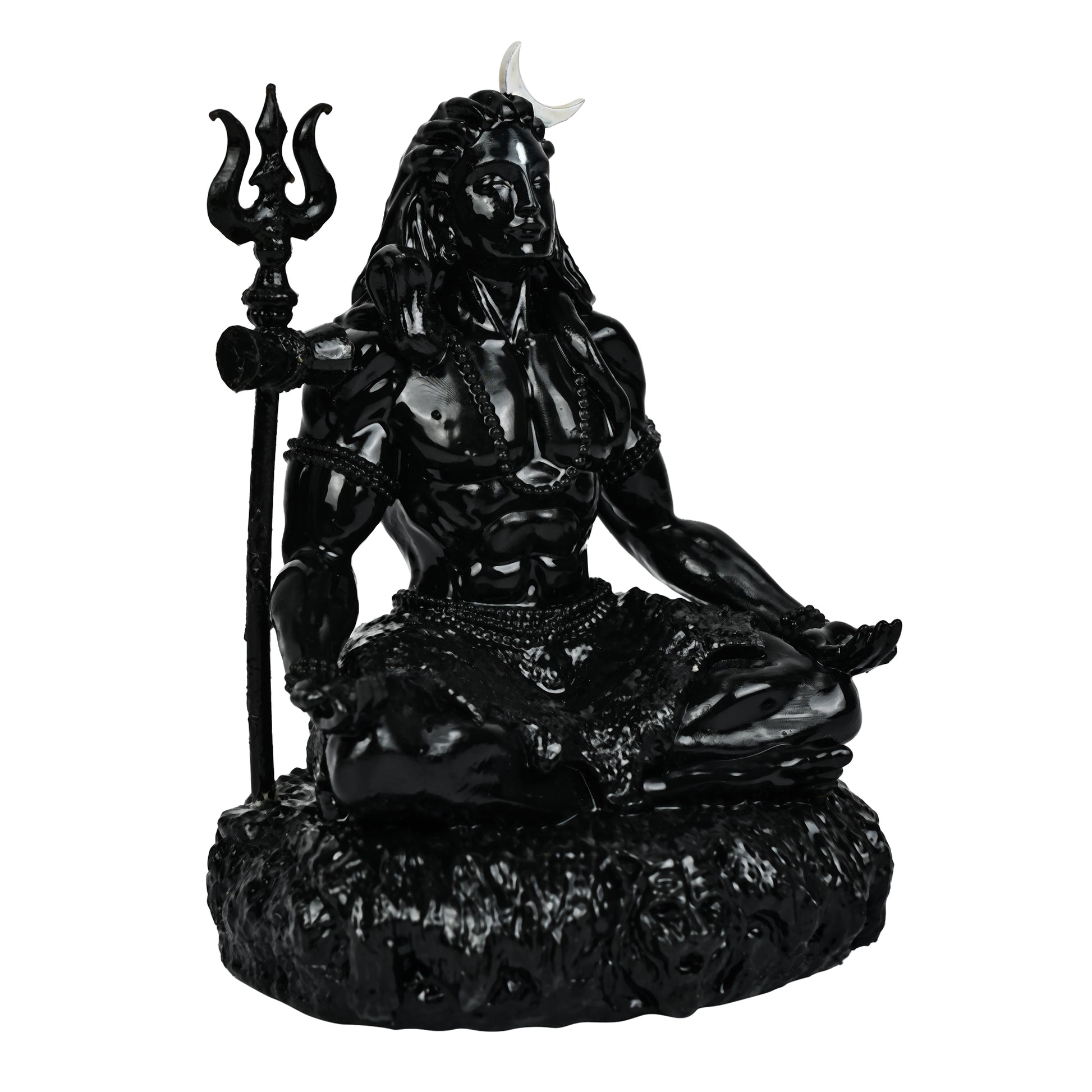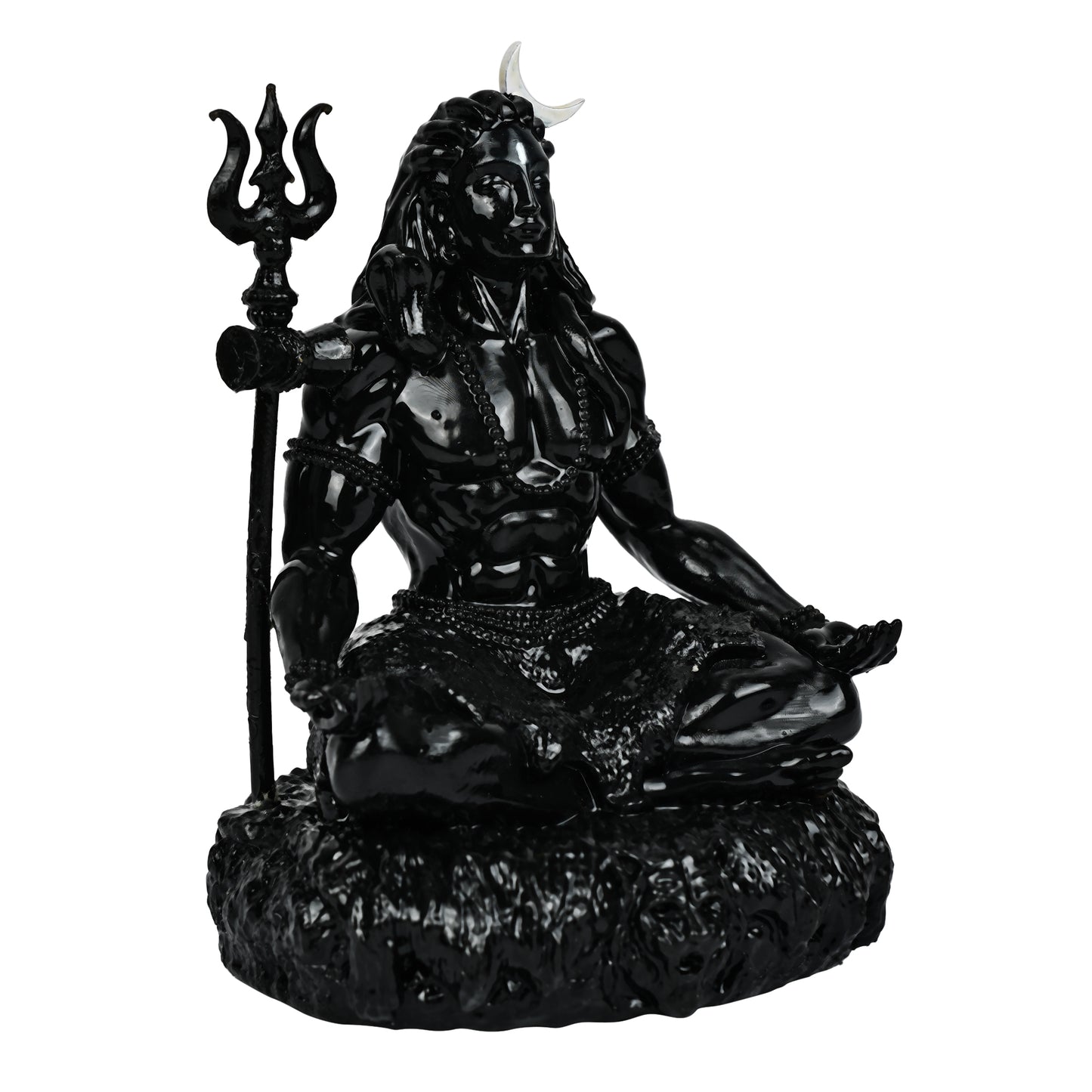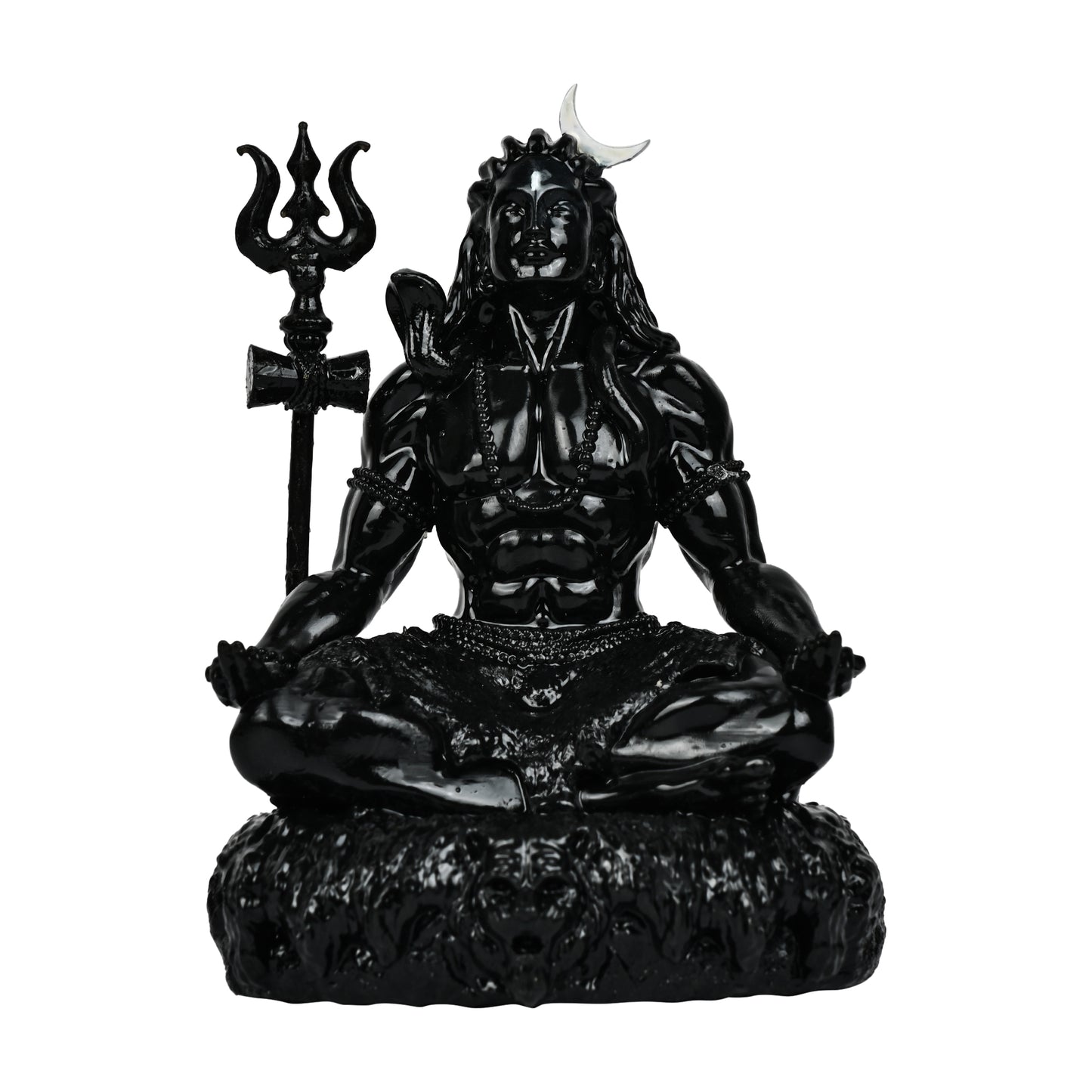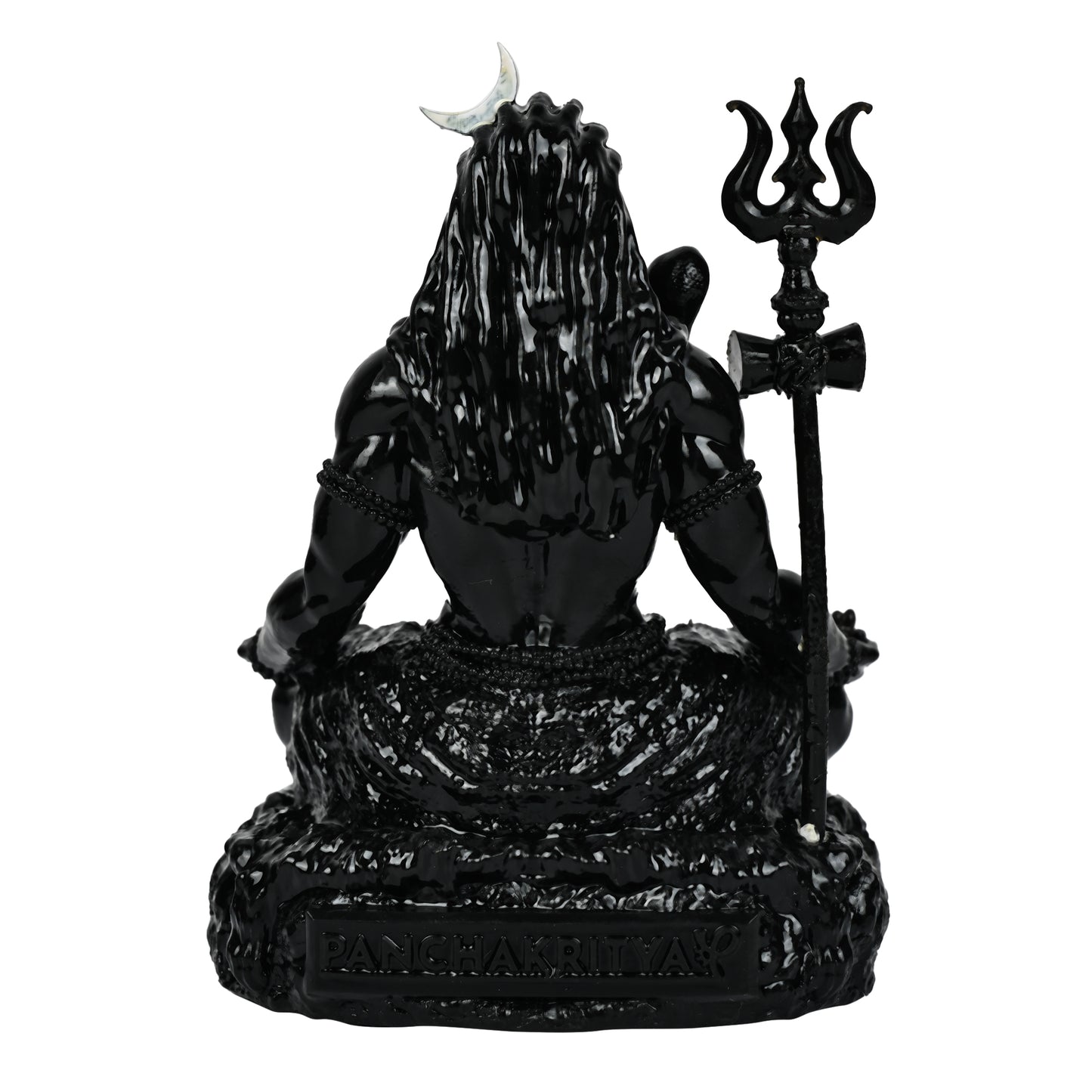How To Pray Lord Shiva? A Comprehensive Guide.
Praying to Lord Shiva, the Hindu deity known as the destroyer and transformer within the Trimurti, is a deeply spiritual practice. With his multifaceted nature, Shiva represents the complexity of the cosmos and the human psyche.
His worship involves a combination of rituals, mantras, and personal devotion, reflecting a profound connection with the divine. This guide delves into the various aspects of praying to Lord Shiva, offering a comprehensive understanding for devotees.
Understanding Lord Shiva
Before delving into the specifics of prayer, it is essential to understand who Lord Shiva is. Often depicted in deep meditation, with a third eye symbolizing spiritual wisdom, and adorned with a serpent, Shiva embodies both the ascetic and householder aspects of life. His cosmic dance, the Tandava, represents the cyclical nature of creation and destruction in the universe.
Preparing for Worship
-
Purification:
Begin by purifying your body and mind. Take a bath and wear clean clothes. The act of cleansing prepares you for a pure and focused interaction with the divine.
-
Creating a Sacred Space:
Set up a clean and dedicated space for worship. This could be a personal altar at home or a visit to a temple. The space should ideally have an image or idol of Lord Shiva, a Shivalinga (symbolic representation of Shiva), and other sacred items like incense, flowers, and lamps.
The Ritual of Worship
-
Offering Prayers:
-
Dhyana (Meditation):
Start with a few minutes of meditation to center your thoughts. Focus on Lord Shiva’s form and attributes.
-
Abhishekam (Ritual Bathing):
Perform the ritual bathing of the Shivalinga with water, milk, honey, yogurt, and ghee. This act symbolizes purification and devotion.
-
Decorating the Deity:
Adorn the Shivalinga or Shiva’s image with fresh flowers, bilva leaves (considered sacred to Shiva), sandalwood paste, and other offerings.
-
Lighting Lamps and Incense:
Light lamps and incense to purify the surroundings and create a sacred ambiance.
-
Dhyana (Meditation):
-
Chanting Mantras:
-
Om Namah Shivaya:
This is the most revered mantra dedicated to Lord Shiva. Chanting this mantra repeatedly helps in focusing the mind and invoking Shiva’s blessings.
-
Maha Mrityunjaya Mantra:
Known as the death-conquering mantra, it is recited for health, longevity, and protection from misfortunes.
-
Om Namah Shivaya:
-
Offering Food (Naivedya):
Prepare simple vegetarian food and offer it to Lord Shiva. After the prayer, this food is distributed as prasadam (blessed food) among devotees.
-
Aarti:
Perform the aarti (a ritual of worship with light) by circling a lamp around the deity while singing hymns in praise of Lord Shiva. This ritual signifies the dispelling of darkness and the spreading of divine light.
Personal Prayer and Devotion
-
Daily Worship:
Incorporate daily worship into your routine. Even a simple prayer with a heart full of devotion can establish a strong connection with Lord Shiva.
-
Fasting:
Observing fasts on Mondays (Somvar), especially during the holy month of Shravan, is considered auspicious. Devotees refrain from consuming certain foods and dedicate the day to spiritual activities.
-
Reading Scriptures:
Engage with sacred texts like the Shiva Purana, which recounts the stories and teachings of Lord Shiva. This deepens your understanding and enhances your spiritual journey.
-
Meditation and Yoga:
Integrate meditation and yoga practices that focus on the chakras (energy centers) and the third eye, which is associated with Shiva. These practices help in attaining inner peace and spiritual awakening.
Festivals and Special Occasions
-
Mahashivaratri:
Celebrated annually, this festival marks the night when Shiva performed the cosmic dance. Devotees observe fasts, chant prayers, and stay awake all night in reverence.
-
Shravan Month:
The entire month of Shravan is dedicated to Lord Shiva. Special prayers, rituals, and fasting are observed, especially on Mondays.
Conclusion
Praying to Lord Shiva is a holistic spiritual practice that encompasses ritualistic worship, personal devotion, and a lifestyle aligned with dharma (righteousness). By incorporating these practices, devotees can deepen their connection with Shiva, seeking his guidance and blessings for a balanced and fulfilling life.
Whether through elaborate rituals or simple heartfelt prayers, the essence of worship lies in sincerity and devotion, enabling a profound spiritual experience.
Also Read: How To Get Lord Shiva Blessings





